The proposed leasing of Jomo Kenyatta International Airport (JKIA) to India’s Adani Group has sparked a fierce legal battle, with the corporation challenging the jurisdiction of the Kenyan High Court.
Adani Group argues that the dispute should be handled by the Public Private Partnership (PPP) Petition Committee, a body created under Kenya’s Public Private Partnership Act, rather than the High Court.
This move has been met with resistance from various groups, including the Kenya Human Rights Commission (KHRC) and the Law Society of Kenya (LSK), who have filed petitions against the leasing proposal.
At the center of the dispute is Adani’s attempt to lease and modernize JKIA under a 30-year Build-Operate-Transfer (BOT) contract.
The Indian conglomerate aims to upgrade the airport infrastructure, including building new terminals and improving the airside facilities.
Despite these promises, KHRC and LSK argue that JKIA is a critical national asset and that leasing it could jeopardize public interests.
They claim the deal lacks transparency and could result in job losses, public financial risks, and diminished accountability in managing the country’s main aviation hub.
One of the key arguments by Adani Group is that the PPP Petition Committee should be responsible for resolving the case.
The company cites provisions within the PPP Act, which stipulate that disputes over decisions made by PPP bodies should first go to the specialized committee before proceeding to any judicial court.
This position emphasizes the need to exhaust the legally prescribed dispute resolution mechanisms before the matter can be escalated to the High Court.
Adani contends that the current court case is premature.However, opponents of the deal, including the KHRC and LSK, argue that the lease terms would unfairly transfer control of a profitable and strategically public asset to a private entity for an extended period.
The opposition contends that Kenya can raise the required funds for JKIA’s modernization without needing to rely on such a long-term lease.
In their view, the proposed deal would drain the airport’s revenues while also committing future governments to unfavorable financial terms.
The legal challenge has also highlighted concerns over transparency.
KHRC and LSK claim that the Kenya Airports Authority (KAA) failed to adequately disclose information related to the Adani deal.
This lack of transparency, they argue, violates the constitutional requirement for open governance, especially when it comes to public infrastructure.
The High Court temporarily halted the leasing deal, ruling that it would consider the matter further, including whether the PPP Petition Committee should handle the case.
As of October 2024, the court has not yet made a final ruling, with a scheduled hearing to determine the jurisdiction question.
The controversy surrounding the JKIA-Adani deal underscores the complexities of public-private partnerships in Kenya, especially when they involve crucial national assets.
Both legal and public opinion remain divided, with the resolution of this case likely to set a significant precedent for how future PPP deals are managed in the country.
The outcome of this legal tussle could have far-reaching consequences, not only for Kenya’s infrastructure development but also for the broader debate on how public assets should be managed in partnership with private entities.







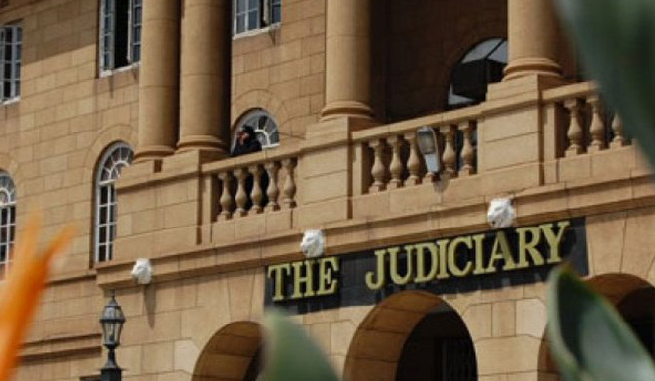

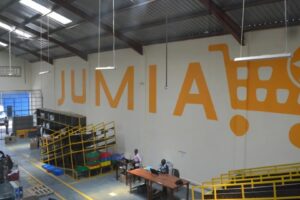


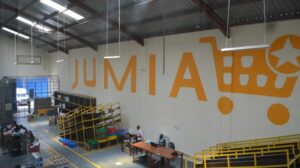




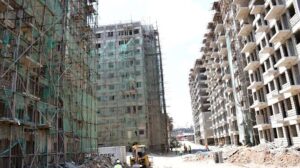

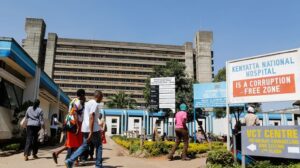

Add Comment